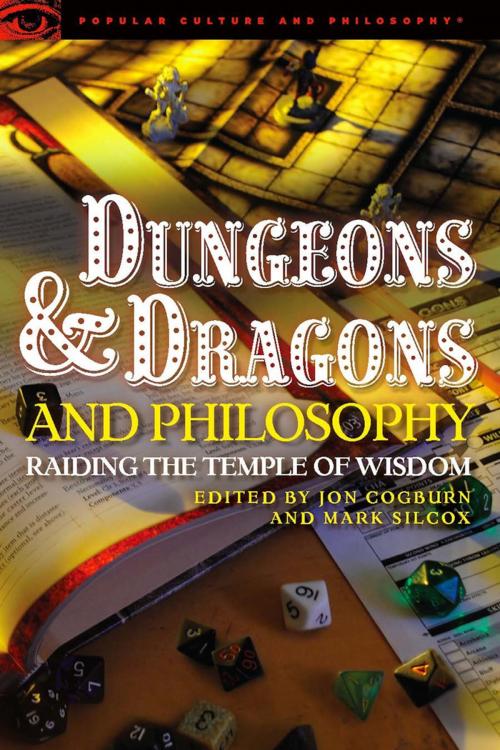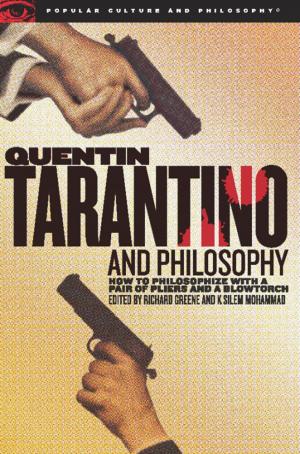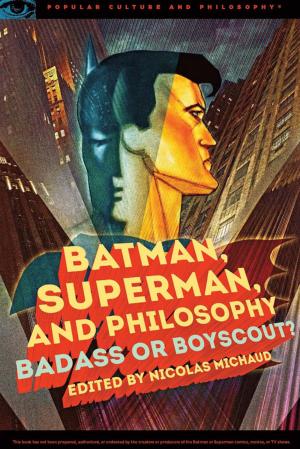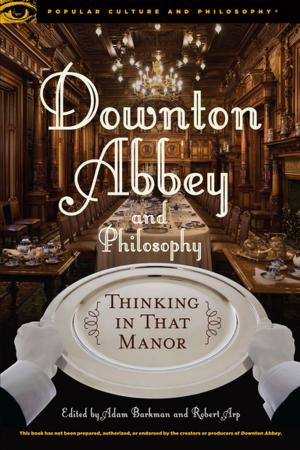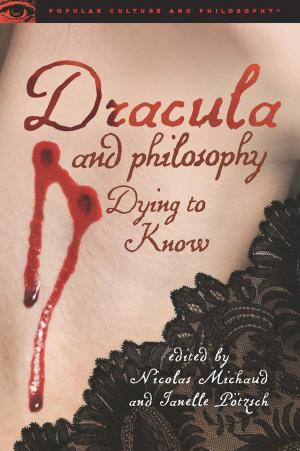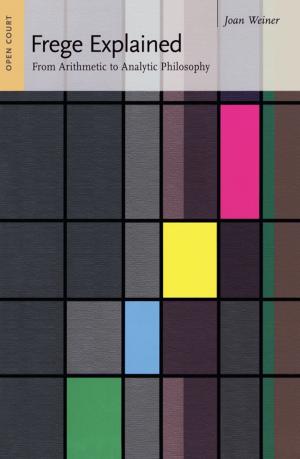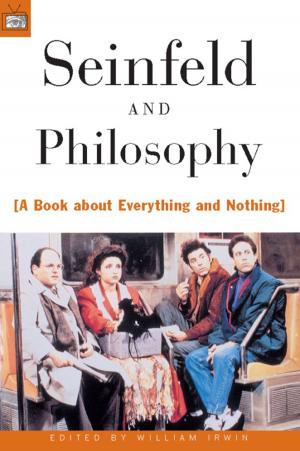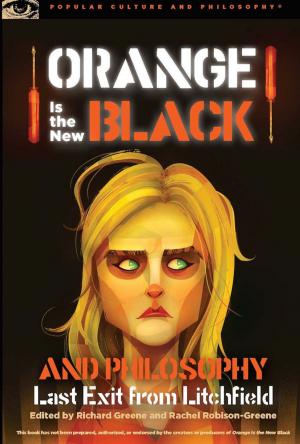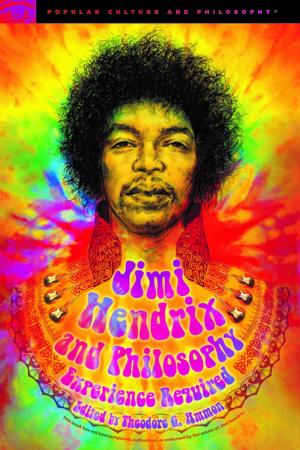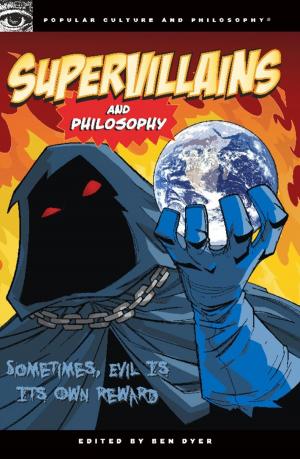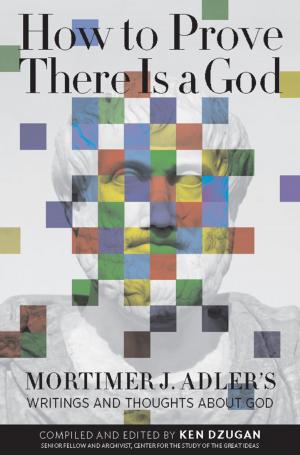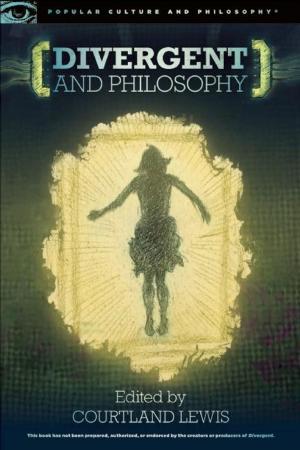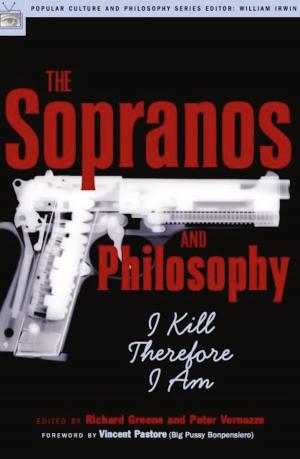Dungeons and Dragons and Philosophy
Raiding the Temple of Wisdom
Nonfiction, Religion & Spirituality, Philosophy| Author: | ISBN: | 9780812698039 | |
| Publisher: | Open Court | Publication: | September 11, 2012 |
| Imprint: | Open Court | Language: | English |
| Author: | |
| ISBN: | 9780812698039 |
| Publisher: | Open Court |
| Publication: | September 11, 2012 |
| Imprint: | Open Court |
| Language: | English |
This volume will convince readers that the swift ascent of the tabletop role-playing game Dungeons and Dragons to worldwide popularity in the 1970s and 1980s is the most exciting event in popular culture since the invention of the motion picture.”
Dungeons and Dragons and Philosophy presents twenty-one chapters by different writers, all D&D aficionados but with starkly different insights and points of view. It will be appreciated by thoughtful fans of the game, including both those in their thirties, forties, and fifties who have rediscovered the pastime they loved as teenagers and the new teenage and college-student D&D players who have grown up with gaming via computer and console games and are now turning to D&D as a richer, fuller gaming experience.
The book is divided into three parts. The first, Heroic Tier: The Ethical Dungeon-Crawler,” explores what D&D has to teach us about ethics and about how results from the philosophical study of morality can enrich and transform the game itself. Authors argue that it’s okay to play evil characters, criticize the traditional and new systems of moral alignment, and (from the perspective of those who love the game) tackle head-on the recurring worries about whether the game has problems with gender and racial stereotypes. Readers of Dungeons and Dragons and Philosophy will become better players, better thinkers, better dungeon-masters, and better people.
Part II, Paragon Tier: Planes of Existence,” arouses a new sense of wonder about both the real world and the collaborative world game players create. Authors look at such metaphysical questions as what separates magic from science, how we express the inexpressible through collaborative storytelling, and what the objects that populate Dungeons and Dragons worlds can teach us about the equally fantastic objects that surround us in the real world.
The third part, Epic Tier: Leveling Up,” is at the crossroads of philosophy and the exciting new field of Game Studies. The writers investigate what makes a game a game, whether D&D players are artists producing works of art, whether D&D (as one of its inventors claimed) could operate entirely without rules, how we can overcome the philosophical divide between game and story, and what types of minds take part in D&D.
This volume will convince readers that the swift ascent of the tabletop role-playing game Dungeons and Dragons to worldwide popularity in the 1970s and 1980s is the most exciting event in popular culture since the invention of the motion picture.”
Dungeons and Dragons and Philosophy presents twenty-one chapters by different writers, all D&D aficionados but with starkly different insights and points of view. It will be appreciated by thoughtful fans of the game, including both those in their thirties, forties, and fifties who have rediscovered the pastime they loved as teenagers and the new teenage and college-student D&D players who have grown up with gaming via computer and console games and are now turning to D&D as a richer, fuller gaming experience.
The book is divided into three parts. The first, Heroic Tier: The Ethical Dungeon-Crawler,” explores what D&D has to teach us about ethics and about how results from the philosophical study of morality can enrich and transform the game itself. Authors argue that it’s okay to play evil characters, criticize the traditional and new systems of moral alignment, and (from the perspective of those who love the game) tackle head-on the recurring worries about whether the game has problems with gender and racial stereotypes. Readers of Dungeons and Dragons and Philosophy will become better players, better thinkers, better dungeon-masters, and better people.
Part II, Paragon Tier: Planes of Existence,” arouses a new sense of wonder about both the real world and the collaborative world game players create. Authors look at such metaphysical questions as what separates magic from science, how we express the inexpressible through collaborative storytelling, and what the objects that populate Dungeons and Dragons worlds can teach us about the equally fantastic objects that surround us in the real world.
The third part, Epic Tier: Leveling Up,” is at the crossroads of philosophy and the exciting new field of Game Studies. The writers investigate what makes a game a game, whether D&D players are artists producing works of art, whether D&D (as one of its inventors claimed) could operate entirely without rules, how we can overcome the philosophical divide between game and story, and what types of minds take part in D&D.
